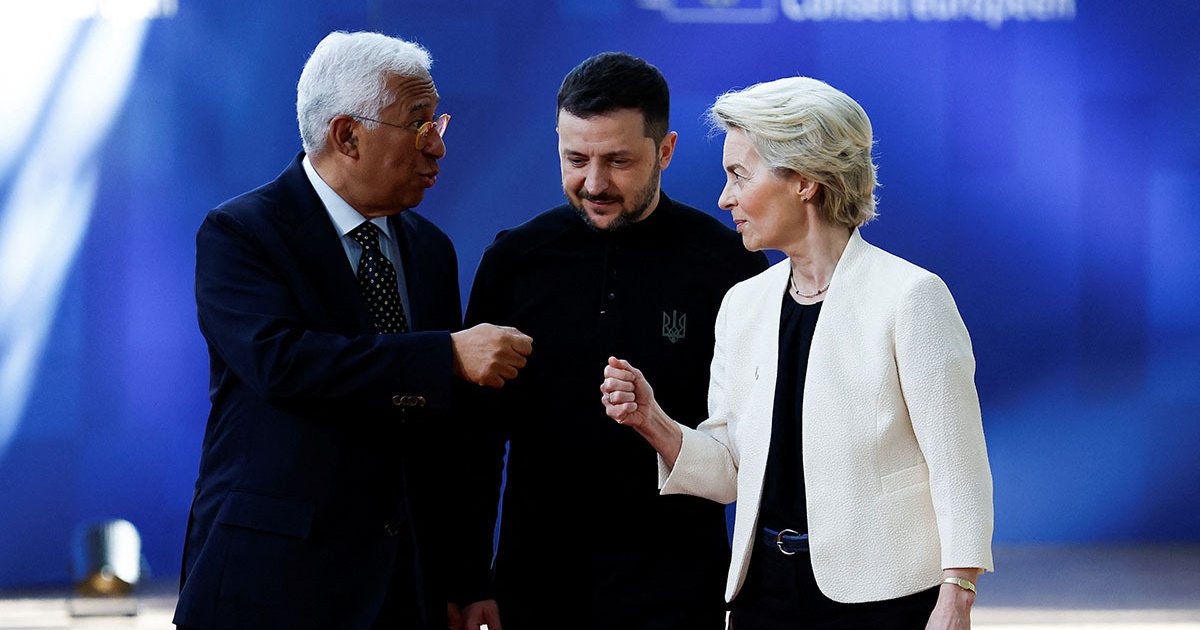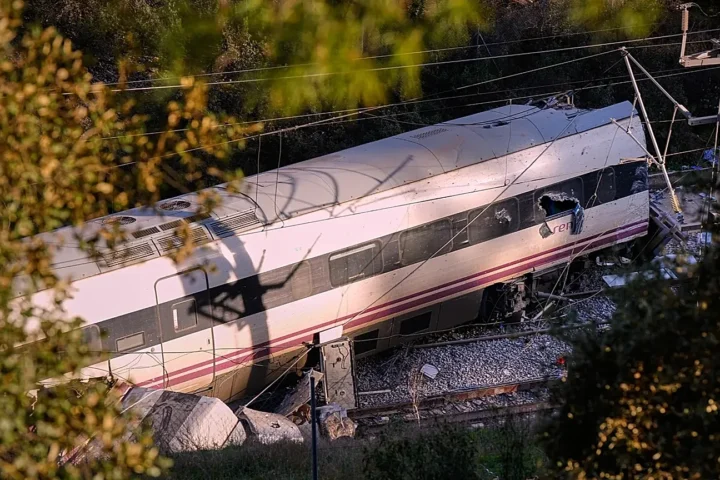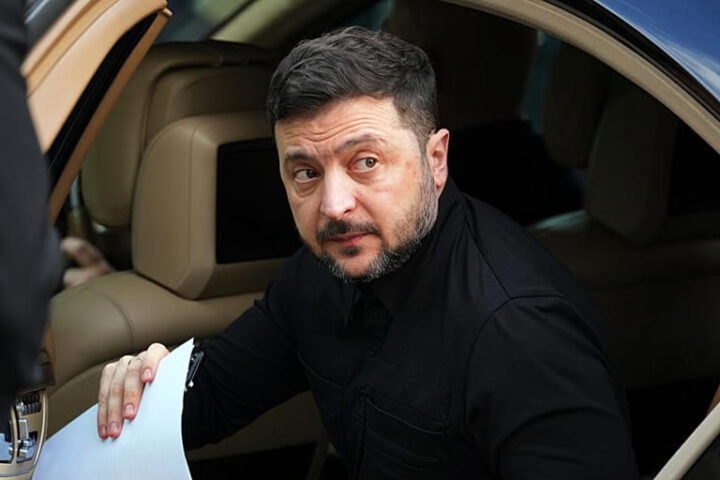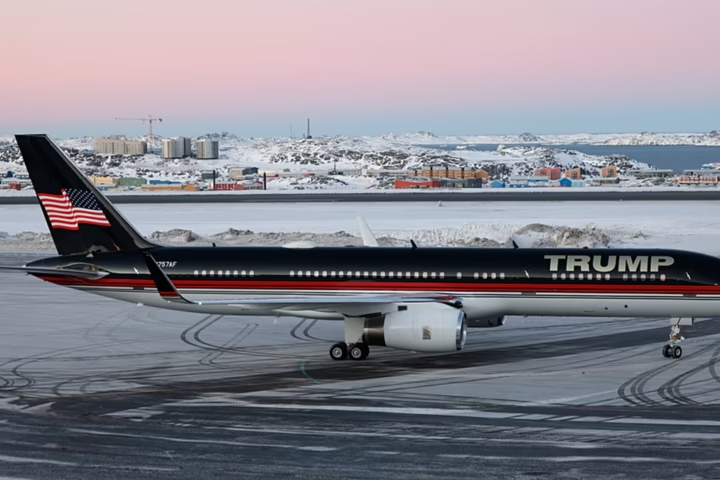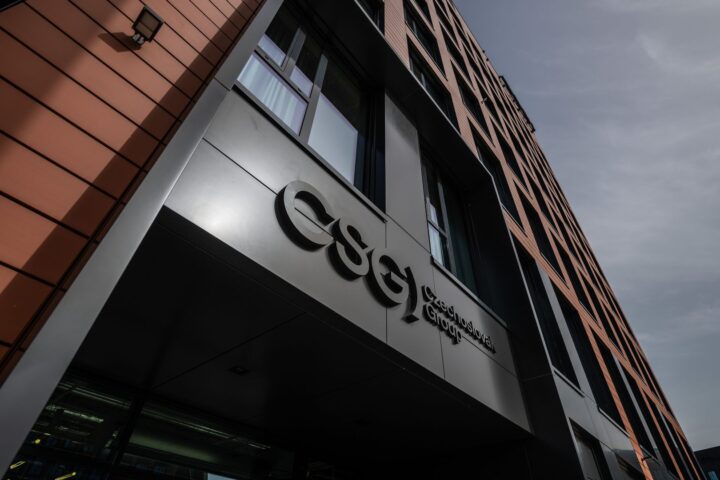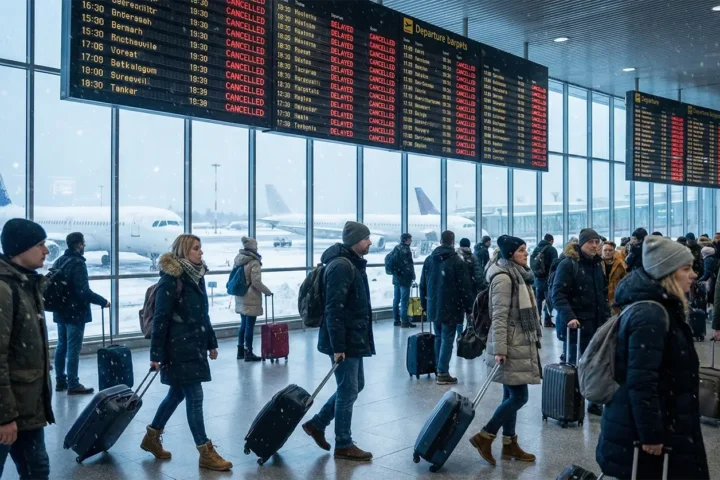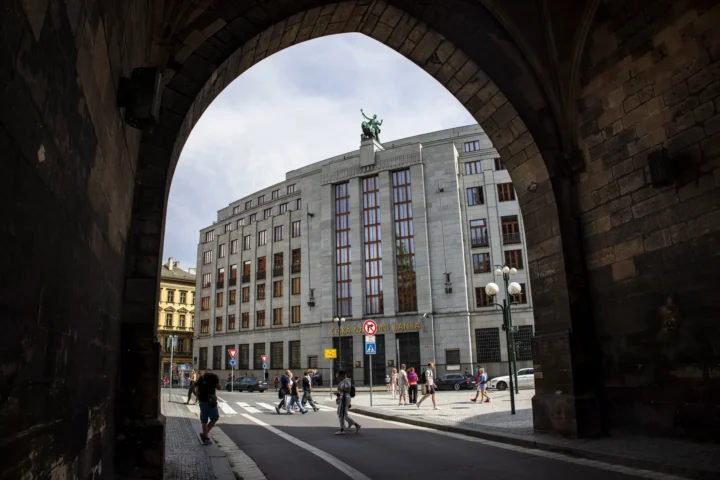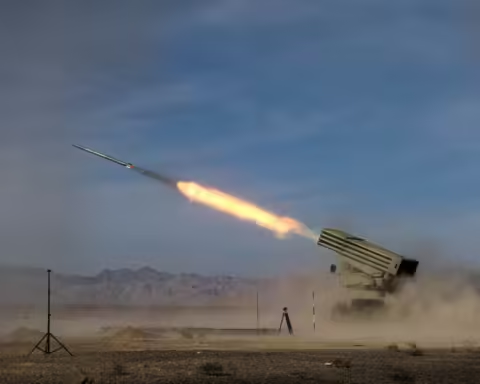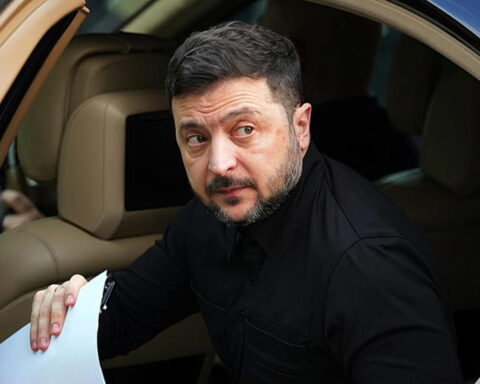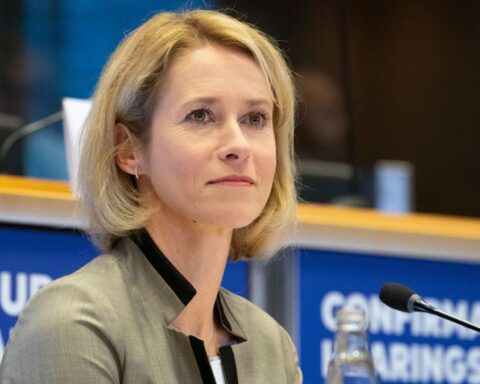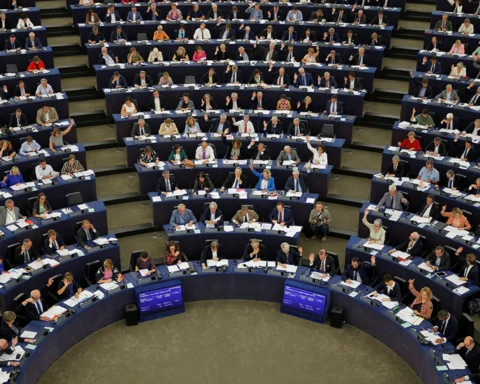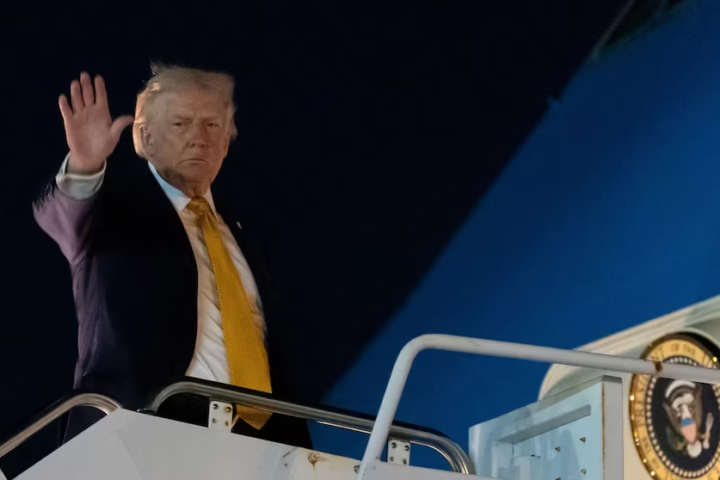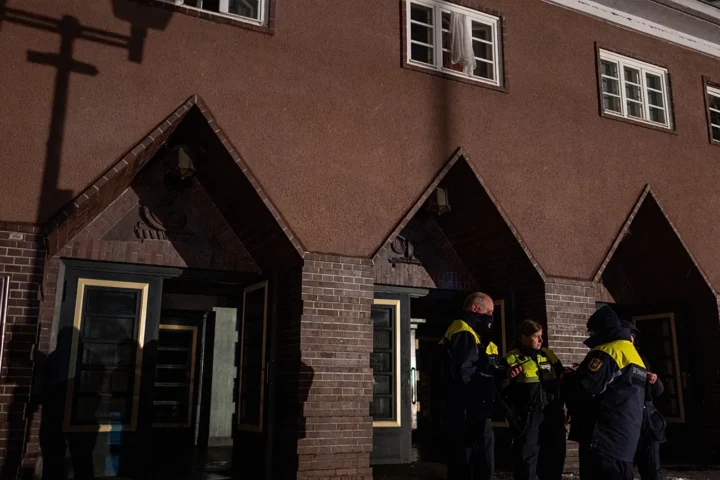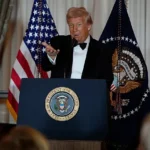European Commission President Ursula von der Leyen will travel to Washington next week to participate in high-level talks between U.S. President Donald Trump and Ukrainian President Volodymyr Zelenskyy at the White House. The visit underscores the growing role of Europe in shaping the trajectory of U.S.-Ukraine relations at a time when both countries are navigating war, peace negotiations, and shifting geopolitical alliances.
A High-Profile White House Meeting
The White House confirmed that President Trump will host President Zelenskyy on Monday for discussions expected to cover Ukraine’s war strategy, U.S. military support, and the broader contours of a potential peace settlement. What makes this meeting particularly significant is the involvement of senior European leaders, with von der Leyen at the forefront.
Her participation signals that the European Union does not want to be sidelined in a conversation that could determine not only Ukraine’s future but also the balance of security across the continent.
Europe’s Seat at the Table
For months, European capitals have expressed concern that a bilateral U.S.-Ukraine negotiation could lead to decisions impacting European security without full EU input. Von der Leyen’s presence represents Brussels’ determination to influence discussions over aid, reconstruction, and the eventual rebuilding of Ukraine’s economy.
Officials suggest the EU will emphasize three priorities during the summit:
- Security Guarantees for Ukraine – Ensuring any peace agreement includes robust European and American commitments.
- Financial Support – Coordinating transatlantic aid to avoid duplication and maximize effectiveness.
- Post-War Integration – Laying the groundwork for Ukraine’s gradual entry into the EU and closer alignment with Western institutions.
Trump’s Balancing Act
Trump, who has long criticized NATO allies for not carrying their fair share of defense spending, is expected to use the meeting to push Europe to expand its financial and military support for Kyiv. While the U.S. has supplied the bulk of advanced weaponry to Ukraine, Trump’s administration has grown increasingly insistent that Europe assume greater responsibility for Ukraine’s defense and reconstruction.
Bringing von der Leyen into the discussions could be a strategic move to both showcase unity and test Europe’s readiness to commit more resources.
Zelenskyy’s Diplomatic Challenge
For Zelenskyy, the Washington summit offers both opportunity and risk. On one hand, the involvement of the EU elevates Ukraine’s cause and demonstrates international solidarity. On the other, the more actors at the table, the more complex it becomes to navigate competing interests.
Zelenskyy will likely focus on securing ironclad assurances that U.S. support will not waver, particularly as questions persist about the future of Washington’s foreign policy posture. He will also aim to lock in commitments from Europe that complement, rather than complicate, American assistance.
Geopolitical Ripples
The meeting will be closely watched by Moscow, which has long feared a consolidated transatlantic front. Russia has sought to exploit divisions between Washington and Brussels, and the optics of Trump, Zelenskyy, and von der Leyen standing side by side at the White House will send a powerful signal of Western unity.
At the same time, China and other global players will be assessing how the talks shape Western resolve in supporting Ukraine. For Beijing, the outcome could provide hints about how far Washington and Europe are prepared to go in countering authoritarian powers.
A Defining Moment for Transatlantic Relations
Von der Leyen’s decision to join the White House summit elevates the meeting beyond a bilateral exchange into a broader transatlantic negotiation over the future of Ukraine and European security.
Whether the talks produce concrete commitments or simply photo opportunities, they reflect a recognition that decisions made in Washington will reverberate throughout Europe — and that Europe intends to be in the room when those decisions are made.
